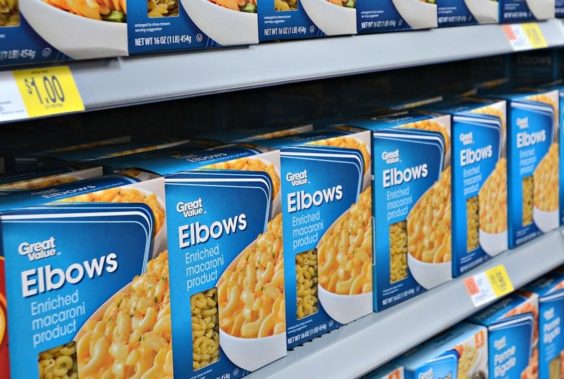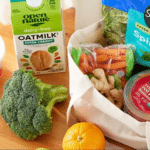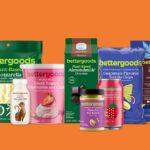
Quick – what’s your favorite brand of shelf-stable egg substitute?
Stumped?
It may not be an item that’s in high demand. But if you’re like most shoppers, the next time you have a need for this particular product, you’re likely to pass over whatever name brands are available and grab the store brand instead.
That’s according to the IRI Private Label 2018 report, the market research company’s latest look at the growing popularity of private label products.
The report found that 83% of shoppers surveyed buy private label products frequently or occasionally in order to save money. Among millennials, that percentage rises to 92%. Across generations, the average shopper spends up to 20% of their grocery budget on private label items. Overall, private label dollar sales have grown 5.8% this year, “outpacing national brands by a wide margin,” the report finds.
And some private label products are more popular than others. Back in 2014, a Market Force Information survey found that cereal was the least popular private label product, with 31% saying they would never buy store-brand cereal. On the other end of the spectrum, most shoppers said they were okay with private label dairy products like milk and cheese.
The IRI report gets much more specific. It found that shelf-stable egg substitute saw the greatest growth in all private label categories, with sales up 150% over this time last year. That’s not great news for brands that sell the stuff. But since it’s a relatively obscure product, there are unlikely to be many promotions, sales or coupons available for it. So anyone who has shelf-stable egg substitute on their shopping list and is concerned about price, is more likely to reach for the lower-priced store brand.
Next on the list of fastest-growing private label products are other items that are not necessarily likely to make regular appearances on your grocery list. Sales of store-brand “refrigerated lunches” and “ice substitutes” each grew around 100% since last year.
Quick – what’s your favorite brand of ice substitute?
Among the less-obscure products listed among the fastest-growing private label categories were deodorant, wine, paper baking cups and lard. So shoppers appear to be reaching for more store brands throughout the aisles.
As retailers step up their investment in their own brands, many shoppers actually prefer some store-brand products to their name-brand counterparts. But your typical shopper is unlikely to sing the praises of their favorite store’s ice substitute or lard. In most product categories, IRI says it all comes down to price.
Despite a growing economy, IRI says half of American consumers are making sacrifices to make ends meet. “Consumers continue to embrace private label products even though the economy has stabilized,” the report reads. 69% say the quality of private label products is as good as national brands, and 68% say private labels offer better value than national brands.
Couponers tend to advocate for brand names. By combining readily-available coupons with sale prices and other promotions, you can easily get brand name products for less if you shop strategically. So couponers tend to frown upon buying store brand products as a money-saving strategy.
But with private label products improving, and couponing itself on the decline in recent years, it seems fewer shoppers are heeding couponers’ advice. “It’s truly a testament to the success private label innovators have had in bringing to market the solutions that fulfill high-demand shoppers’ needs and wants,” Susan Viamari, vice president of Thought Leadership for IRI, said in a statement. “Consumers are looking for more choices, and those retailers and manufacturers who are adjusting their strategy to meet those needs will see greater success.”
And who, after all, doesn’t want choices when it comes to buying egg substitute? Coupons can help you save money – but only if you can find them on the products you want to buy. Otherwise, the increasing popularity of private label this past year may turn out to be only the beginning.
Image source: Walmart










